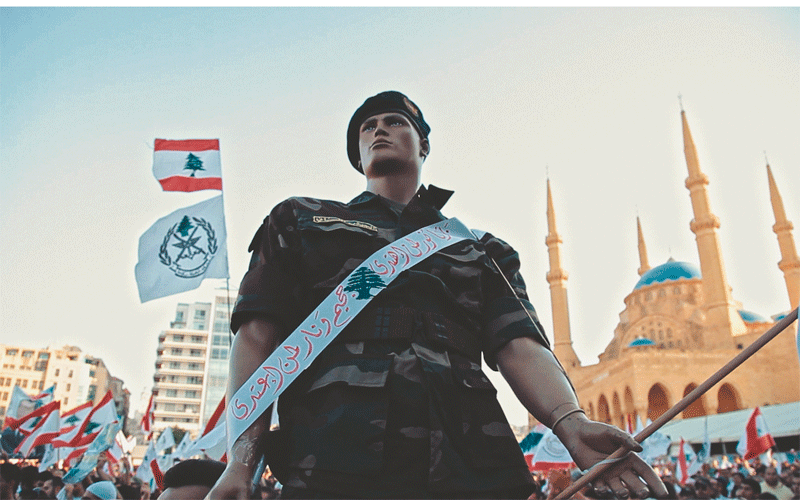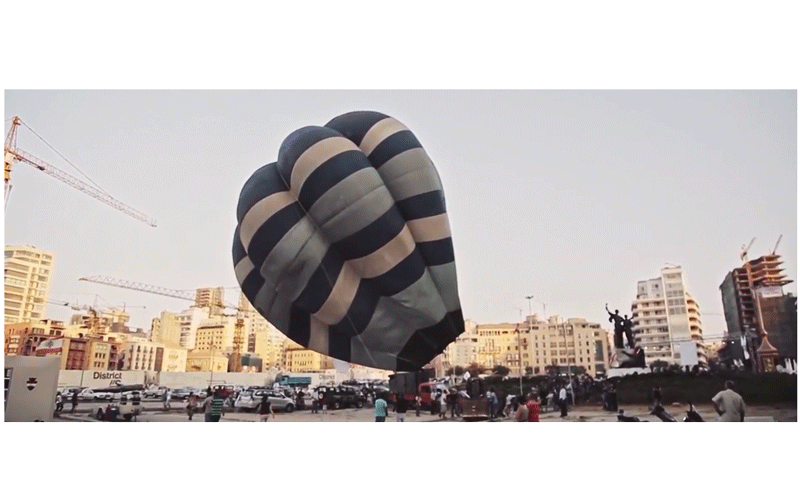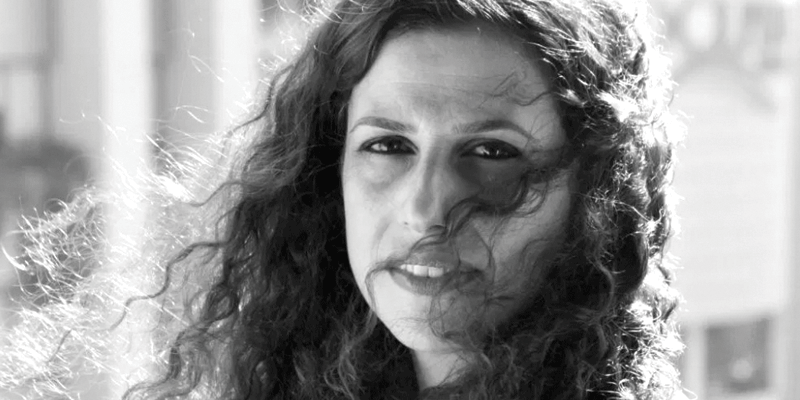For sound designer and director Rana Eid, the aural qualities of a film are what make a cinematic experience. She talks to Emirates Woman about her debut documentary Panoptic and why she’s going against the grain of convention
We have a huge problem with censorship because it’s the military system that is judging if a film can be seen or not. But this is not their job,” says the sound designer and director Rana Eid with conviction.
Earlier this year her debut documentary, Panoptic, fell foul of Lebanese censors, despite premiering at the Locarno Festival in Switzerland and screening at cinemas around the world. Now it will never see the light of day in Lebanon, because Rana refused to remove a single sentence and any military presence.
“In a way I was happy that the film disturbed the [General Directorate of] General Security,” says Rana, who has been working as a sound editor since 2003. “I am talking about a whole military system that is controlling the country without really accusing it of anything. It was only my own memories and traumas.”

In a way the ban was inevitable. The film explores Lebanon’s schizophrenia, examining a façade of consumerism that lies above ground and a subterranean, macabre world that lies below.
Central to the film is the Adlieh Detention Centre, which is situated in an old underground parking lot in east Beirut. It is primarily used to hold foreigners jailed for work permit violations and domestic workers who have escaped abusive employers. Above it runs a bridge. “I was shocked and terrified to discover that there were people under a bridge that I take to go to work every day,” says Rana. “We are passing above people we are not even aware of. We don’t know their condition, their state of mind. “What is it with us and the underground? I spent a lot of my childhood in shelters during the Civil War. I thought that the war ended with the general amnesty, and yet since then we have not only decided to forget everything – the war and the crimes – but to hide all problems underground. “So I decided to rediscover the city from its underground. To try to understand it and to understand the sentence we always hear: ‘We are people who refuse to die’. Is it really like that? Or is it that we just can’t die anymore?”
Panoptic has no narrative as such, although Rana’s relationship with her deceased army general father is used as an anchor. Narration and differing visual styles are also used, but it is sound that takes the leading role.
“For me the identity of a place, and of an image, comes from its sound,” she says. “Even the identity of a person. That’s how I worked on Panoptic. I was listening to the places before talking to my cinematographer so I could understand what I wanted from a place, and especially my position towards it.
“I said to myself that I would not use effects during post-production, so I recorded everything. All the sounds of the film are direct sounds without any additional effects. I only layered those sounds. Even when I wanted distorted sounds, I recorded it distorted.

“During post-production I was editing the sound of each place before the [film] editing, or in parallel away from the editing room, so I could understand the rhythm of a scene. And all the ambiances were out of sync. The sound was not recorded at the same time we were filming, so I could have this uncomfortable feeling we have in our city. I even broke the perspective. For example, when you have a shot of the city and the bridge from above, the sounds were recorded under the bridge.”
Much of the recording and filming took place in locations that required hard-to-obtain permits. As such, it took three years to film for a total of 25 days. The Adlieh Detention Centre permit took a year-and-a-half to obtain, while one for the unfinished Burj El Murr skyscraper took seven months.
“It was difficult to sustain the energy for three years. To keep consistent,” admits Rana, who was born in Beirut and received a master’s degree in film sound from the Université Saint Joseph in 2002. “The places I filmed in were very heavy psychologically and full of bad memories and traces of death. They were tenebrous, so the line between being professional and being depressed and affected was very thin.”
As one of the country’s most acclaimed sound editors, Rana has worked on projects such as Ziad Doueiri’s The Insult, Vatche Boulghourjian’s Tramontane and Georges Hachem’s Stray Bullet. Panoptic, however, is her first directorial work, and has proven to be therapeutic. “I was trying to understand the city and how it affects my wellbeing,” says Rana, who established her own audio post-production company, DB Studios, in 2006. “As Bertolt Brecht said, ‘life is politics’. My political and social views affect me, so of course my work will be affected. “For me, any kind of work you do has to be a necessity for you. And trying to talk about what is happening around us, discussing it and maybe analysing it, is a necessity for me. I think if you really believe that what you are working on is a necessity, then every piece of work will be honest, authentic and universal.”
– For more about Dubai’s lifestyle, news and fashion scene straight to your newsfeed, follow us on Facebook
Images:Supplied
Words: Iain Akerman











